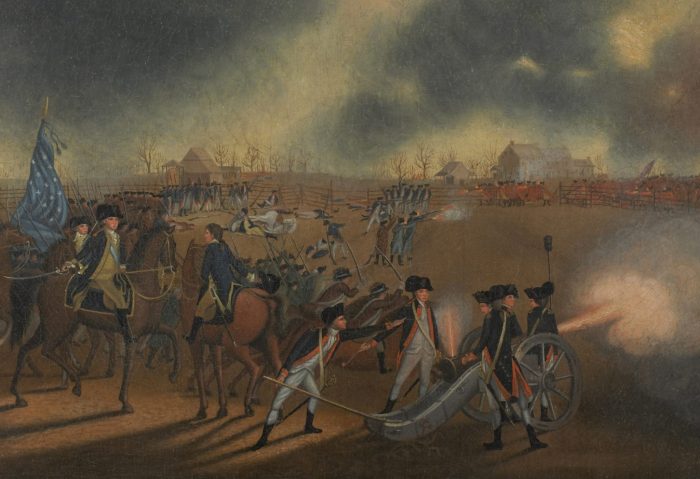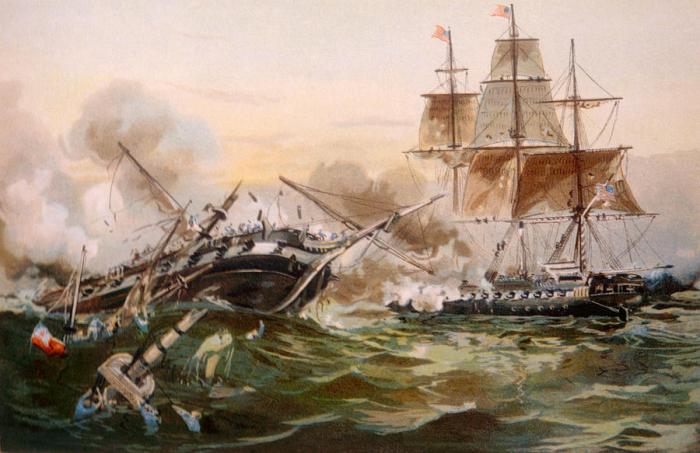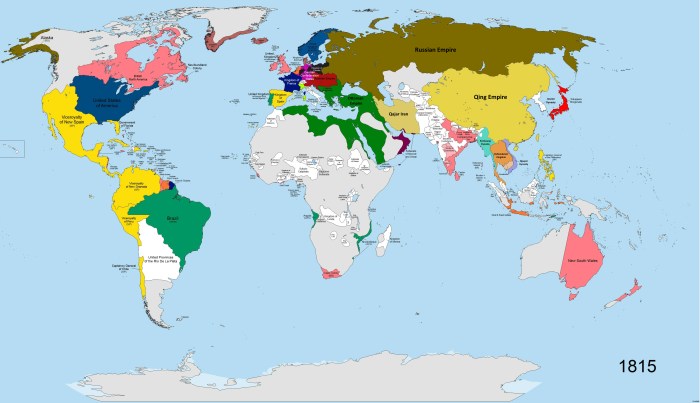Quiz 2 revolution of 1800 and war of 1812 – Quiz 2: Revolution of 1800 and War of 1812 delves into the pivotal events that shaped the United States in the early 19th century. This comprehensive examination explores the causes and effects of the Revolution of 1800, its connection to the War of 1812, and the role of key figures in both conflicts.
Through a comparative lens, this quiz analyzes the similarities and differences between these two transformative events, examining their strategies, tactics, and long-term impact on the nation.
Quiz 2: Revolution of 1800

The Revolution of 1800 was a pivotal event in American history that led to the end of the Federalist Party and the rise of the Democratic-Republican Party. The major causes of the revolution included the unpopularity of the Federalist Party’s policies, the rise of the Democratic-Republican Party, and the XYZ Affair.
Causes of the Revolution of 1800
- The Federalist Party’s policies, such as the Alien and Sedition Acts, were unpopular with many Americans.
- The Democratic-Republican Party, led by Thomas Jefferson, was more popular with the people.
- The XYZ Affair, in which French diplomats demanded bribes from American diplomats, damaged the Federalist Party’s reputation.
Effects of the Revolution of 1800
- The Democratic-Republican Party won the election of 1800, and Thomas Jefferson became president.
- The Federalist Party was dissolved.
- The United States became more democratic.
The Revolution of 1800 and the War of 1812
The Revolution of 1800 led to the War of 1812 in several ways. First, the Democratic-Republican Party was more sympathetic to France than the Federalist Party. Second, the United States was more democratic after the Revolution of 1800, and the people were more likely to support a war against Great Britain.
Key Figures in the Revolution of 1800 and the War of 1812
- Thomas Jefferson: President of the United States during the Revolution of 1800 and the War of 1812.
- Alexander Hamilton: Leader of the Federalist Party.
- James Madison: Secretary of State under Jefferson and president during the War of 1812.
- Andrew Jackson: General in the War of 1812.
War of 1812

The War of 1812 was a conflict between the United States and Great Britain that lasted from 1812 to 1815. The major causes of the war included the impressment of American sailors by the Royal Navy, the British support for Native American tribes in the Northwest Territory, and the American desire to expand its territory.
Major Battles and Campaigns of the War of 1812, Quiz 2 revolution of 1800 and war of 1812
- The Battle of Tippecanoe (1811): An American victory that helped to secure the Northwest Territory.
- The Battle of Queenston Heights (1812): An American defeat that cost the life of General Isaac Brock.
- The Battle of New Orleans (1815): An American victory that ended the war.
Impact of the War of 1812 on the United States and Great Britain
The War of 1812 had a significant impact on both the United States and Great Britain. The United States gained a sense of national unity and pride. Great Britain was forced to recognize the United States as an independent nation.
Causes and Consequences of the War of 1812
- The impressment of American sailors by the Royal Navy.
- The British support for Native American tribes in the Northwest Territory.
- The American desire to expand its territory.
- The United States gained a sense of national unity and pride.
- Great Britain was forced to recognize the United States as an independent nation.
Comparison of the Revolution of 1800 and the War of 1812

The Revolution of 1800 and the War of 1812 were two very different events, but they both had a significant impact on the United States. The Revolution of 1800 was a political revolution that led to the end of the Federalist Party and the rise of the Democratic-Republican Party.
The War of 1812 was a military conflict that led to the United States gaining a sense of national unity and pride.
Causes and Effects
The causes of the Revolution of 1800 were primarily political, while the causes of the War of 1812 were primarily military. The effects of the Revolution of 1800 were primarily political, while the effects of the War of 1812 were primarily military.
Strategies and Tactics
The strategies and tactics used in the Revolution of 1800 were primarily political, while the strategies and tactics used in the War of 1812 were primarily military.
Long-Term Impact
The long-term impact of the Revolution of 1800 was the rise of the Democratic-Republican Party and the establishment of a more democratic government in the United States. The long-term impact of the War of 1812 was the United States gaining a sense of national unity and pride and the recognition of the United States as an independent nation by Great Britain.
Answers to Common Questions: Quiz 2 Revolution Of 1800 And War Of 1812
What were the key causes of the Revolution of 1800?
The Revolution of 1800 was primarily driven by dissatisfaction with the policies of the Federalist Party, economic inequality, and the Alien and Sedition Acts.
How did the Revolution of 1800 lead to the War of 1812?
The Jeffersonian Republicans, who gained power after the Revolution of 1800, pursued policies that angered Great Britain, leading to tensions that culminated in the War of 1812.
Who were some of the key figures in the Revolution of 1800 and the War of 1812?
Thomas Jefferson, Alexander Hamilton, James Madison, and Andrew Jackson were among the prominent individuals involved in these conflicts.
